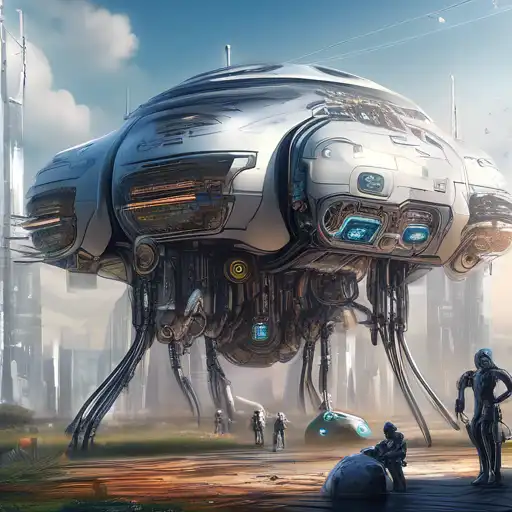Introduction to Artificial Intelligence's Evolution
Artificial Intelligence (AI) has transitioned from a futuristic concept to a cornerstone of modern technology. Today, we stand on the brink of a new era where AI's potential is being unlocked at an unprecedented pace. This article delves into the current state of AI, exploring its advancements, challenges, and what the future holds.
The Current State of AI
AI today is more than just algorithms and data; it's about creating systems that can learn, adapt, and potentially outperform human intelligence in specific tasks. From machine learning models that predict consumer behavior to natural language processing systems that understand human speech, AI is reshaping industries.
Key Advancements in AI Technology
- Deep Learning: Enabling machines to process and interpret complex data like images and sounds.
- Autonomous Systems: From self-driving cars to drones, AI is making autonomous technology a reality.
- AI in Healthcare: Revolutionizing patient care with predictive diagnostics and personalized medicine.
Challenges Facing AI Development
Despite its progress, AI faces significant hurdles. Ethical concerns, data privacy issues, and the need for massive computational resources are just a few of the challenges that researchers and developers are working to overcome.
The Future of AI: What to Expect
The future of AI is bright, with advancements expected to accelerate. We're looking at more intuitive AI interfaces, greater integration into daily life, and breakthroughs that could solve some of humanity's most pressing problems. The journey of AI is just beginning, and its full potential is yet to be realized.
Conclusion
As we explore the future of artificial intelligence today, it's clear that AI will continue to be a transformative force. By understanding its current trajectory, we can better prepare for the opportunities and challenges that lie ahead. The era of AI is here, and it's reshaping our world in ways we're just starting to comprehend.
